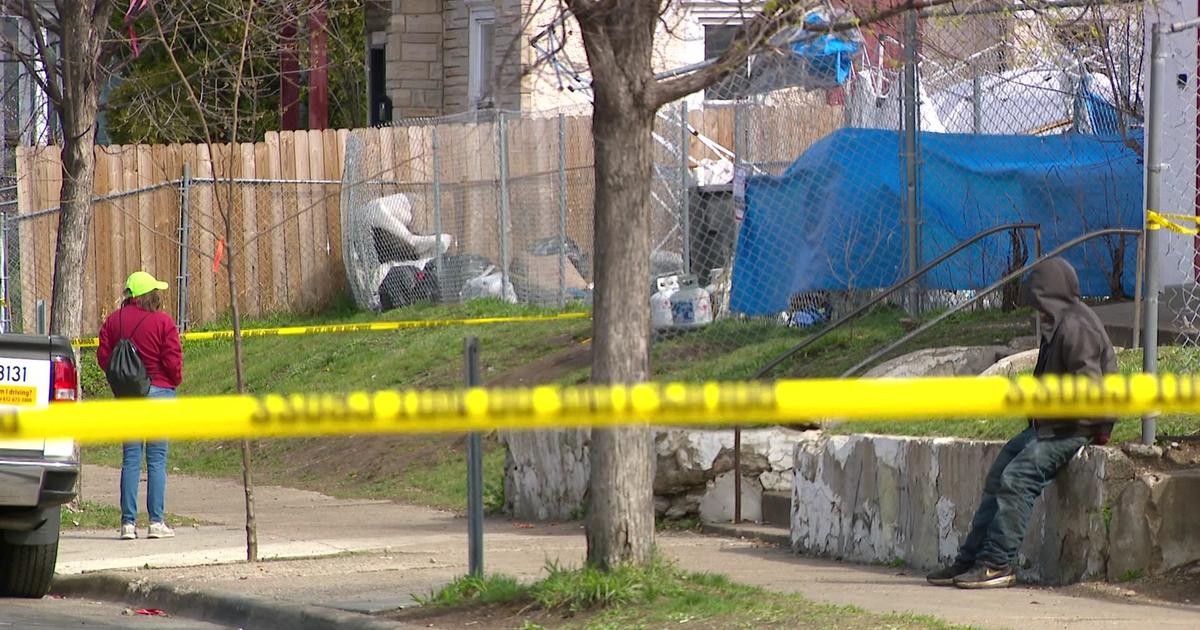How To Talk To Kids About The News
MINNEAPOLIS (WCCO) - All of us have seen scary things over the past week, our kids included. During this time, many parents have a hard time knowing what to say.
So, how can we talk with our kids about the news? Good Question.
"That's going to depend on a number of things – who are they, how sensitive are they, what are they asking you and, very important, how old are they," said Dr. Abigail Gewirtz, a professor of child psychology at the University of Minnesota and author of "When the World Feels Like a Scary Place."
She suggests making sure the parents' emotions and stress levels are in check before they start conversation or answer difficult questions. She also points out that the average age for kids to have their first cell phone is 10 years old, so children often know more than we might think.
For the 10-year-old, Gerwitz suggests saying something like "I know you haven't said anything about it, but a lot of things have happened over the last week. I don't know about you, but I have heard about a lot of kids with lots of questions."
Gewirtz says to be honest, but careful with too much detail, especially when the children are young.
"With your 6 year old, you might say, 'what I wonder is what you're asking me, are we safe?' That's what many, if not all kids are wondering," she said.
Experts say this is not just a time to check with children emotionally, but this is also a place to better understand the difficult world of media and information.
"As an educator, I'm always thinking about history," said Dr. Tara Conley, a professor of media at Montclair State University. "In this moment, talk about it. Talk about impeachment in the historical sense."
She says it's alright to let children know you don't have all the answers right now, but it's important to appreciate where their information does come from. She suggests talking about the difference between news and opinion.
"Acknowledge there are political viewpoints that are always going to be at odds with one another and they should be able to know how to spot them," Dr. Conley said.
Both experts say these conversations will be different for different families. But, one thing should be clear: parents should be listening to their children, validating their feeling and encouraging them to find solutions to being less worried about what's happening in the world.



